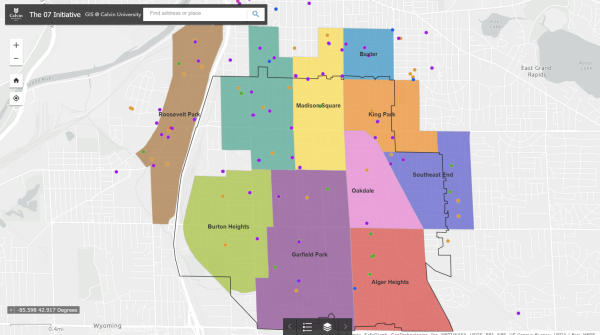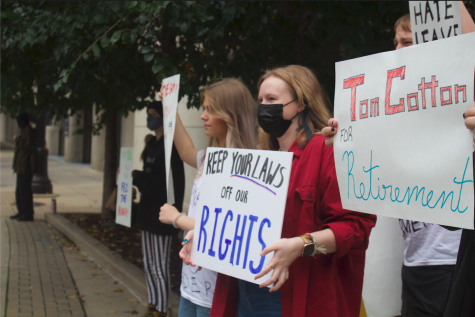Snyder sends right-to-work to Supreme Court
Michigan Governor Rick Snyder has asked the Michigan Supreme Court to give an advisory opinion on the constitutionality of the new right-to-work law that he signed into law last month. Snyder hopes that a decision by the Supreme Court will head off the multiple lawsuits that have been threatened and would likely be filed with lower courts.
Many have argued that the law, which prohibits employers, both private and public, from requiring employees to pay union dues in order to be hired, impinges on the authority granted to the Civil Service Commission in the Michigan constitution. The Civil Service Commission, which sets the state’s conditions of employment, and the Office of the State Employer are especially concerned about determining the constitutionality of law quickly, since collective bargaining agreements for state employees expire at the end of the year.
“This is a very time-sensitive question,” Snyder notes in his letter to the Michigan Supreme Court. He also notes “the impact this legislation will soon have on public and private collective bargaining across the state involving millions of Michigan workers,” and urged the Supreme Court to reach a decision before the end of the term. A conclusive decision by the Court would hopefully curtail extremely time-consuming legal battles.
“The uncertainty over the law’s impact upon state civil servants that protracted litigation would create would be very divisive and would not serve the interest of judicial economy,” Snyder argued. “Because the issues at stake are purely legal in character the court would not benefit from factual development at the trial court level.”
Other groups, including Michigan Democrats and state employee unions, have strongly suggested that they would attempt to fight the legislation through lawsuits.
The law has been divisive from the start, with Michigan police spending over $900,000 in extra costs dealing with the protests in Lansing during the debate and passage of the bill. Lawsuits have been filed against the police for possibly violating the Open Meetings Act by locking an estimated 12,000 protesters out of the Capitol while the bill was being debated. The cost and size of this protest, however, pale next to the $11 million and nearly 100,000 protesters in Madison, Wisconsin when that state passed a right-to-work law.
As governor, Snyder has the authority under the Michigan constitution to request an opinion from the Supreme Court, although only on issues that are considered “solemn occasions.” He used this authority once already, when Michigan’s new tax laws were passed in 2011, and Snyder wrote that the court’s decision then “greatly assisted the people of Michigan by avoiding a proliferation of state and federal lawsuits and providing the state and affected citizens with the certainty necessary to move forward with the law’s implementation.”
Other constitutional concerns that Snyder asked the court to look into included possible infringement on the equal protection clause of the U.S. Constitution, since police and fire unions are exempt from the law, and possible change of purpose, which would be considered invalid under the Michigan constitution.







